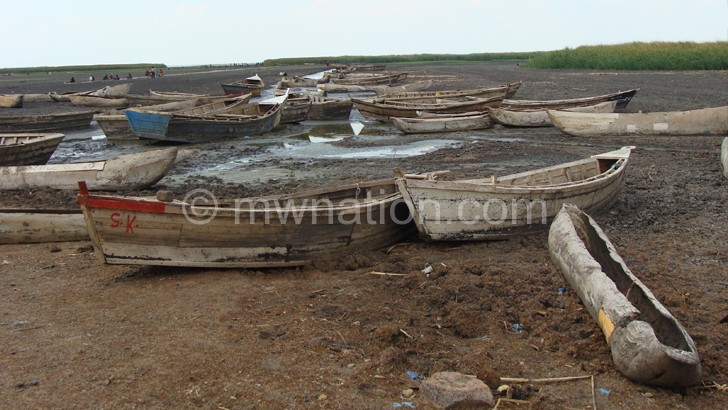A Lilongwe University of Agriculture and Natural Resources (Luanar)-based Professor Charles Jumbe has said Malawi can do better on climate change mitigation with availability of funds.
Speaking in an interview on the sidelines of a two-day national workshop on promoting climate finance to support agriculture in Lilongwe yesterday, Jumbe said despite various policies in place, the fight against climate change is far from being won.

He cited lack of funding for planned interventions and activities since climate change does not have funding of its own.
Said Jumbe: “What is happening is that climate change despite being a crucial issue relies on other sectors for funding. We incorporate climate change programmes into other sectors that have funding of their own.”
He warned that if consideration is not taken to make climate change stand on its own in terms of funding, Malawi should prepare to face more climate change related disasters.
Malawi has been hit by natural disasters such as floods, droughts and heavy winds with the 2018/19 rainy season alone, over 19 000 households were displaced by floods in some districts, rendering many people homeless and food insecure and experts attribute this to effects of climate change.
On her part, National Smallholder Farmers Association of Malawi (Nasfam) chief executive officer Betty Chinyamunyamu said the agricultural sector is the most affected on climate funding.
“Less than five percent of global climate finance is targeted towards the agricultural sector and even much less to smallholder farmers who are facing big shocks caused by climate change,” she said.
Chinyamunyamu said there are over 3.5 million farming households in Malawi and they are targeted at climate change programmes, however, the impact is small because they do not receive adequate information due to finance constraints.
Director of Environmental Affairs in the Ministry of Environment, Energy and Mining, Tawonga Mbale-Luka, said government will adopt the resolutions of the conference into the Intended Nationally Determined Contributions (INDCs) document.
The INDC is a document which nations are required to develop to demonstrate their readiness to contribute towards stabilisation of concentration of greenhouse gas emission into the atmosphere and build climate resilience.
Source: The Nation_June 12, 2019_by Steve Pembamoyo
